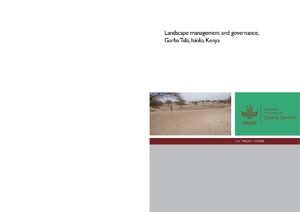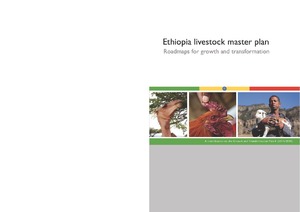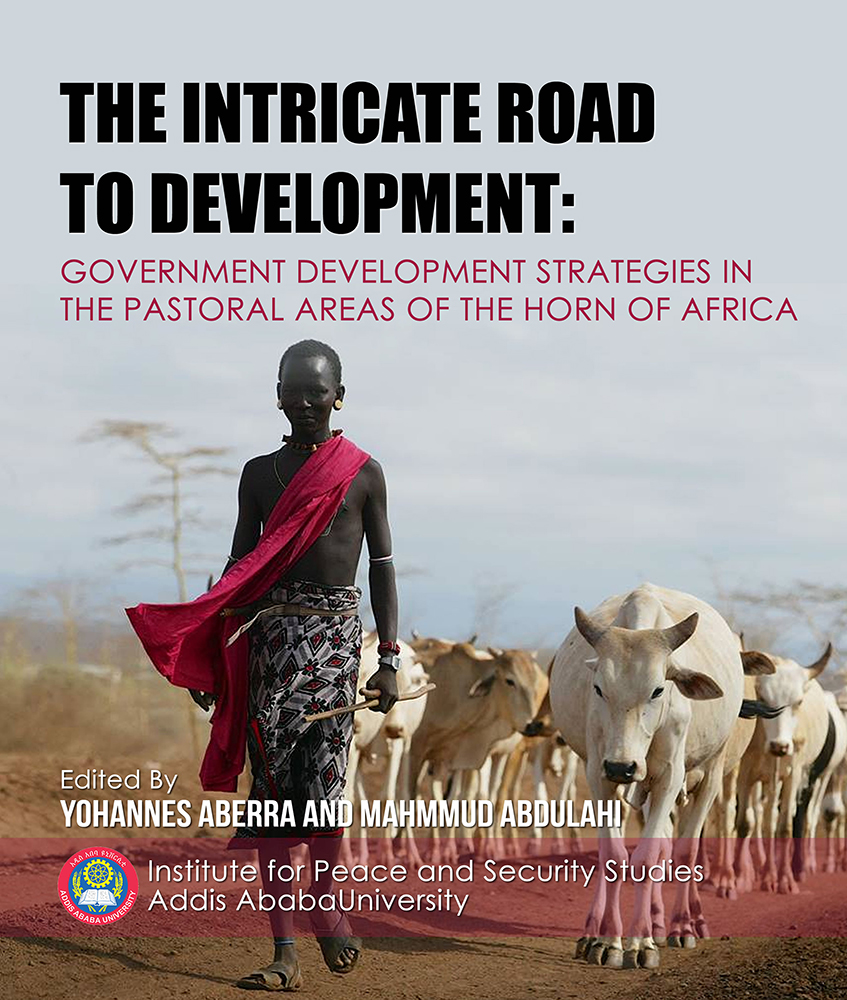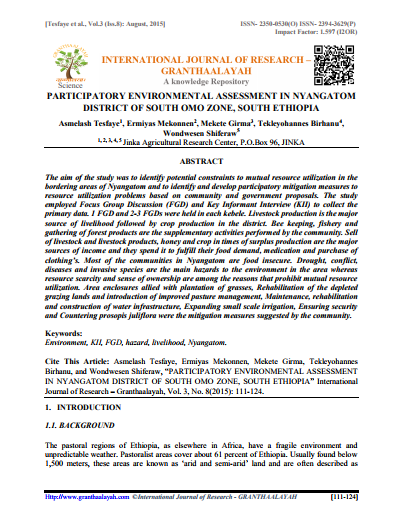Location
Vision, mission and strategy
ILRI's strategy 2013-2022 was approved in December 2012. It emerged from a wide processof consultation and engagement.
ILRI envisions... a world where all people have access to enough food and livelihood options to fulfil their potential.
ILRI’s mission is... to improve food and nutritional security and to reduce poverty in developing countries through research for efficient, safe and sustainable use of livestock—ensuring better lives through livestock.
ILRI’s three strategic objectives are:
- with partners, to develop, test, adapt and promote science-based practices that—being sustainable and scalable—achieve better lives through livestock.
- with partners,to provide compelling scientific evidence in ways that persuade decision-makers—from farms to boardrooms and parliaments—that smarter policies and bigger livestock investments can deliver significant socio-economic, health and environmental dividends to both poor nations and households.
- with partners,to increase capacity among ILRI’s key stakeholders to make better use of livestock science and investments for better lives through livestock.
This is ILRI’s second ten-year strategy. It incorporates a number of changes, many based on learning from the previous strategy (2000–2010, initially produced in 2000 and modified in 2002), an interim strategy (2011–2012) and an assessment of the external and internal environments in which the institute operates.
Members:
Resources
Displaying 211 - 215 of 1152Landscape management and governance, Garba Tula, Isiolo, Kenya
Ethiopia livestock master plan: Roadmaps for growth and transformation
PASTORAL LAND RIGHTS AT THE GLOBAL LAND FORUM, DAKAR, SENEGAL
INDEX 2.0 RECENT EVENTS 4.0 PASTORALISTS DO PLAN! EXPERIENCES OF MURSI LAND USE PLANNING, SOUTH OMO ETHIOPIA 5.0 PROGRESS OF THE COMMUNITY LAND BILL, KENYA 6.0 DEVELOPING SILVOPASTORAL SYSTEMS FOR MORE SECURE ACCESS TO LAND IN THE CHACO REGION OF SOUTH AMERICA 7.0 ONGOING CONFLICTS IN LOLIONDO, TANZANIA 8.0 EMPOWERMENT OF WOMEN THROUGH THE PASTORAL WOMEN’S ALLIANCE, INDIA 9.0 PUBLICATIONS - RANGELANDS 10.0 NEW INITIATIVES MAKING RANGELANDS MORE SECURE 11.0 MORE RECENT EVENTS
The intricate road to development:government development strategies in the pastoral areas of the Horn of Africa
Pastoralism is a livelihood strategy and a system of mobile livestock production that makes wide-ranging use of grazing lands in arid and semi-arid environment that doesn’t uphold sustainable crop cultivation. The freedom of mobility over outsized land for seasonal pastures is indispensable to pastoralist production primarily in order to convert the pastures residues into human food. The people and livestock in pastoral communities may move to avoid various natural and/or social hazards, to avert competition with others, or to seek more favourable conditions.
PARTICIPATORY ENVIRONMENTAL ASSESSMENT IN NYANGATOM DISTRICT OF SOUTH OMO ZONE, SOUTH ETHIOPIA
The aim of the study was to identify potential constraints to mutual resource utilization in the bordering areas of Nyangatom and to identify and develop participatory mitigation measures to resource utilization problems based on community and government proposals. The study employed Focus Group Discussion (FGD) and Key Informant Interview (KII) to collect the primary data. 1 FGD and 2-3 FGDs were held in each kebele. Livestock production is the major source of livelihood followed by crop production in the district.






